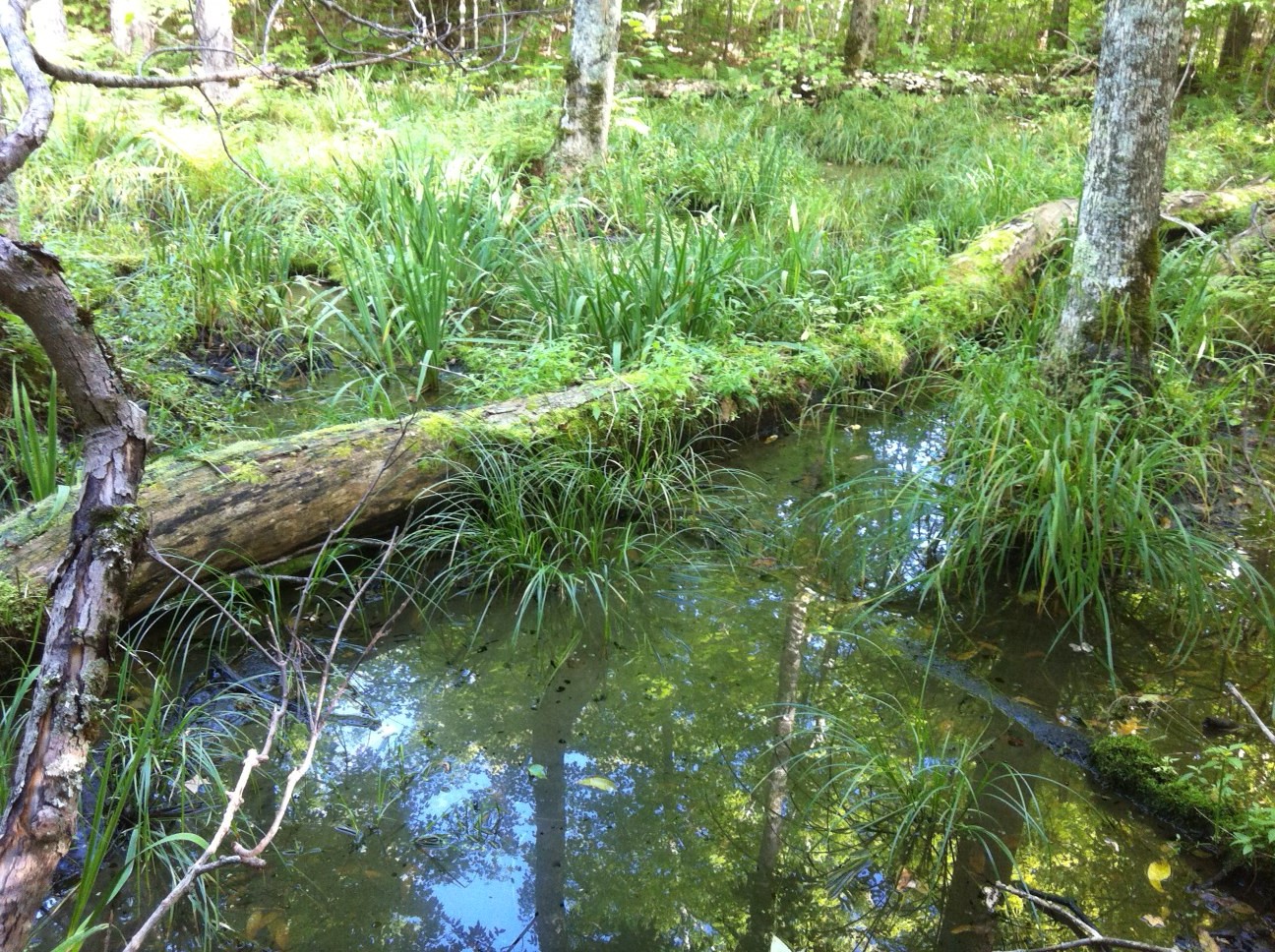The federal Environmental Protection Agency (EPA) has released a new rule to administer the Clean Water Act. This new rule rolls back federal wetland protections because, in May, the United States Supreme Court ruled that only wetlands, “with a continuous surface connection to bodies that are waters of the United States in their own right,” should be protected under the Clean Water Act. (Sackett v. EPA). See the related links (below) for additional background on this decision.
The loss of federal protections for wetlands perceived as less connected to other waters is not surprising. Still, it is devastating, especially in states without state-level wetland protections. Read more about the nationwide implications of this federal rule.
In Wisconsin, we are fortunate that the effects of this federal policy change are reduced because our forward-thinking elected officials enacted state laws that recognize the importance of the connections between wetlands and the waters upon which we all depend.
Headwater and ephemeral wetlands are source waters for rivers and lakes, recharge groundwater for our communities, are fundamental for agriculture, and are essential for businesses. They smooth the highs and lows of extreme precipitation or drought all while improving water quality and providing habitat. You can’t get a better bang for your buck than you get from maintaining healthy wetlands.
Moving forward, Wisconsin Wetlands Association will continue to work to understand the implications of the new federal rule in Wisconsin while always working toward our vision of a state where wetlands are healthy and plentiful and support ecological and societal needs, and where citizens care for, appreciate, and interact with these natural resources.
Related content
Wisconsin Wetlands Association statement on Sackett vs EPA
Wetland Coffee Break: Implications of the Sackett decision for Wisconsin: Early takes from the front lines
Myth-busting misconceptions about “isolated” wetlands




